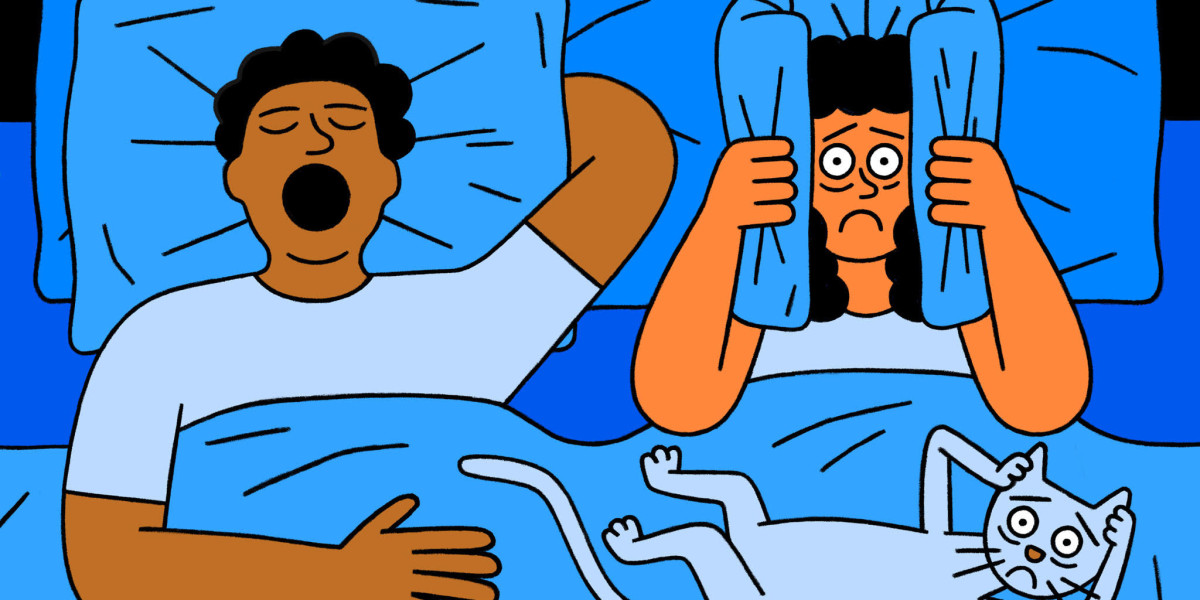The Hidden Cost of Poor Sleep: More Than Just Feeling Tired
In today’s productivity-obsessed world, sleep is often the first sacrifice people make. Whether staying up late to finish work or waking early to squeeze in a gym session, cutting sleep seems like a small price to pay for success. But what if that price is higher than you think?
Poor sleep doesn’t just make you groggy—it affects your memory, emotional regulation, immune function, heart health, and even your appearance. From headaches and jaw tension to mood swings and weakened focus, a lack of restorative sleep can unravel many areas of your life silently and gradually. This article explores how poor sleep impacts your body and mind, and why quality sleep isn’t a luxury—it’s a necessity.
1. The Science of Sleep: Why It Matters
Sleep is when your body does its most important maintenance. During deep stages of sleep, the brain processes emotional experiences, the heart rate slows, and cells regenerate. Key hormones—like human growth hormone and melatonin—are released to repair tissues and support immunity.
Chronic sleep deprivation disrupts this system. You might get used to the tired feeling, but under the surface, your body is struggling. Over time, this "sleep debt" leads to real physical and psychological consequences.
2. Sleep and Your Face: What Mirrors Don’t Always Show
You’ve probably noticed what happens to your face after a rough night: dark circles, puffiness, or a tense jaw. But beyond these visible signs, sleep deprivation can also worsen conditions like bruxism (teeth grinding), temporomandibular joint (TMJ) pain, and headaches.
A lack of quality sleep can cause muscles in the jaw and face to remain tense throughout the night, especially if you're subconsciously clenching or grinding. This not only affects the structure of your teeth and facial muscles but can also trigger chronic pain conditions over time.
3. Fatigue, Focus, and Emotional Resilience
If you’ve ever felt unusually irritable or emotionally sensitive after a poor night’s rest, you're not alone. Sleep is intricately tied to mood regulation and stress response. Sleep-deprived individuals are more reactive, less empathetic, and more prone to anxiety and depression.
Cognitive functions—such as attention, learning, and memory—also take a hit. In fact, studies show that being awake for 18–20 hours straight can impair your performance as much as having a blood alcohol level over the legal limit.
So, if you’re snapping at loved ones, struggling to concentrate at work, or forgetting appointments, the root of the problem may be as simple—and complex—as your sleep.
4. The Immune and Cardiovascular Link
Sleep doesn’t just affect how you feel—it can determine how well your body fights disease. During sleep, your immune system produces cytokines, proteins that combat infections and inflammation. Chronic sleep deprivation lowers the production of these protective substances, making you more vulnerable to viruses and slower to recover from illness.
Cardiovascular health is also at risk. People with irregular sleep patterns are at higher risk of hypertension, heart attacks, and stroke. These risks are further elevated in individuals with undiagnosed sleep-related breathing disorders, such as obstructive sleep apnea.
5. When Snoring Isn't Just Annoying
Many people snore occasionally. But persistent snoring can be a sign of something more serious—sleep apnea. This condition occurs when breathing repeatedly stops and starts during sleep, leading to fragmented, low-quality rest.
Left untreated, sleep apnea can result in excessive daytime fatigue, high blood pressure, memory issues, and even metabolic disorders. It’s more common than people realize, and often goes undiagnosed because individuals don’t associate symptoms like morning headaches, dry mouth, or trouble concentrating with a sleep disorder.
The good news? With the right professional guidance, there are simple, non-invasive treatments that can drastically improve sleep and restore energy levels.
6. Small Changes, Big Impact
Improving sleep doesn’t always require medication or complicated routines. Sometimes, it starts with small adjustments:
Stick to a sleep schedule: Go to bed and wake up at the same time every day, even on weekends.
Limit screen time: Blue light from phones and tablets can interfere with melatonin production.
Watch what you eat and drink: Avoid caffeine, heavy meals, or alcohol close to bedtime.
Create a calm sleep environment: Keep your bedroom dark, quiet, and cool.
Pay attention to your body: If you wake up with jaw pain, headaches, or feel unrefreshed despite a full night’s sleep, talk to a professional.
7. Restoring Balance: A Holistic View of Health
Restorative sleep is not just about avoiding fatigue—it's foundational to your mental clarity, emotional well-being, immune defense, and physical comfort. In recent years, healthcare professionals have begun to treat sleep as a core pillar of wellness, right alongside nutrition and movement.
Pain conditions related to the face or jaw, especially when paired with disrupted sleep, may be a sign of deeper dysfunctions that require a personalized, interdisciplinary approach. Recognizing these patterns early can save years of discomfort and lead to a much-improved quality of life.
Conclusion: It's Time to Take Sleep Seriously
You can eat well, exercise regularly, and see your doctor—but if you’re not sleeping properly, you're missing a critical piece of the health puzzle. Whether it’s the silent toll of sleep apnea, the overlooked cause of facial tension, or the mental fog that’s become “normal,” the cost of poor sleep adds up.
The road to better sleep doesn’t have to be difficult. It starts with awareness—and sometimes, a conversation with the right professional who understands the link between how you sleep and how you feel.



